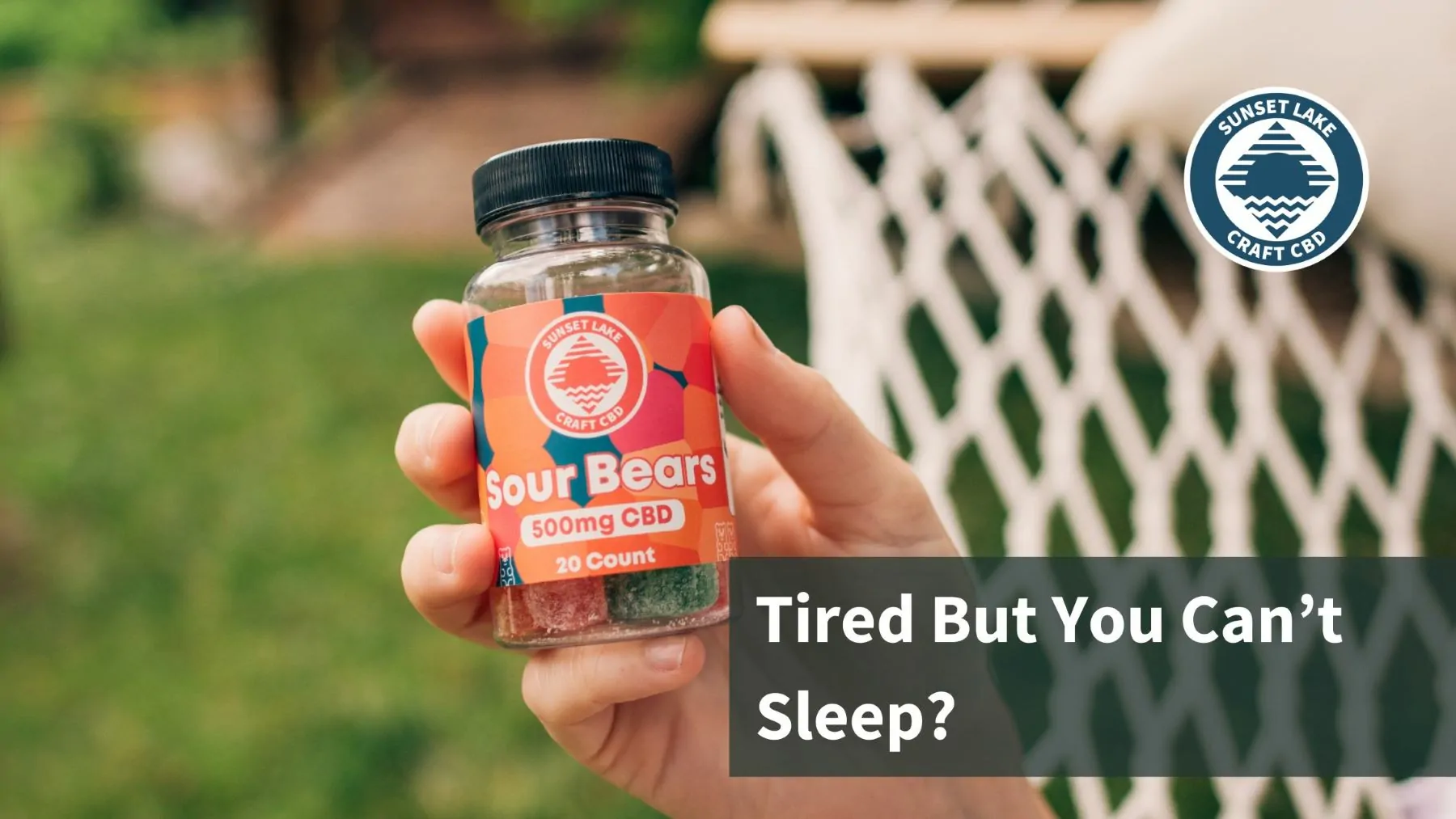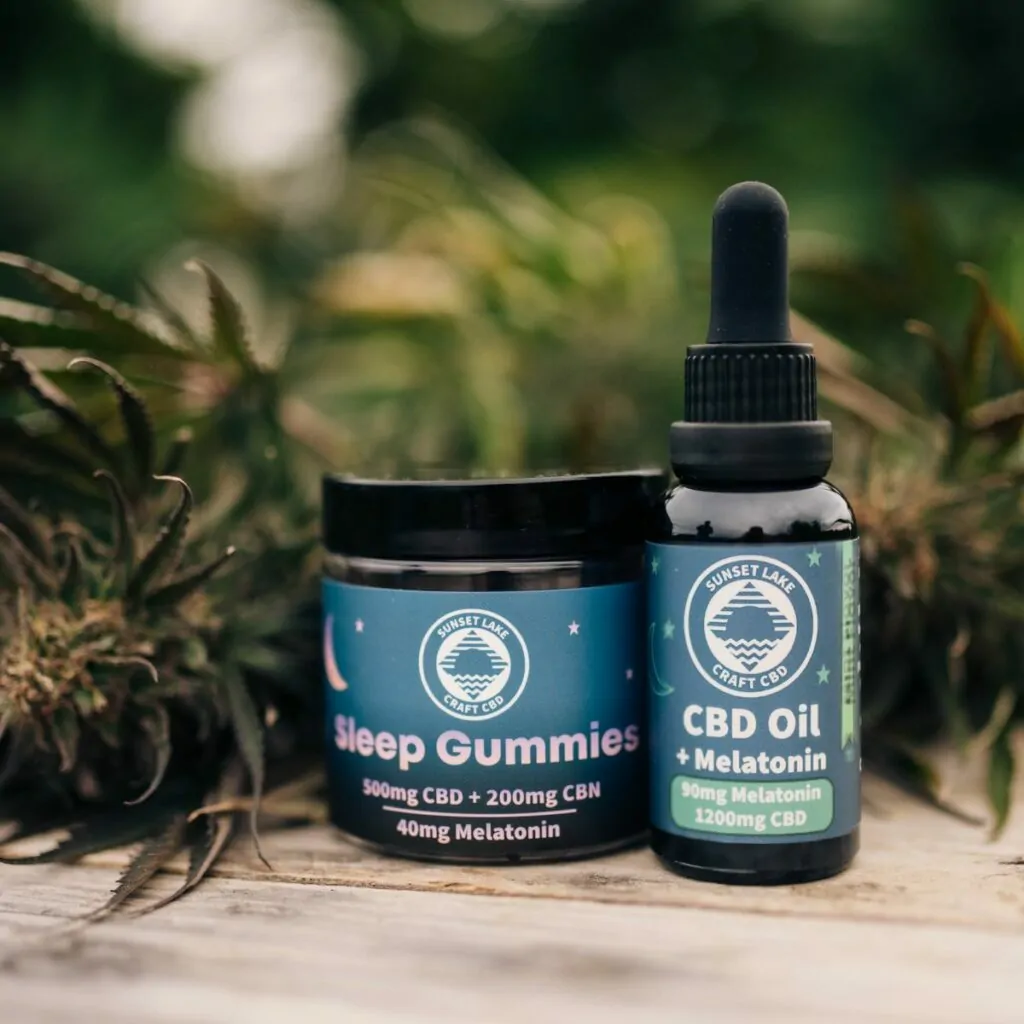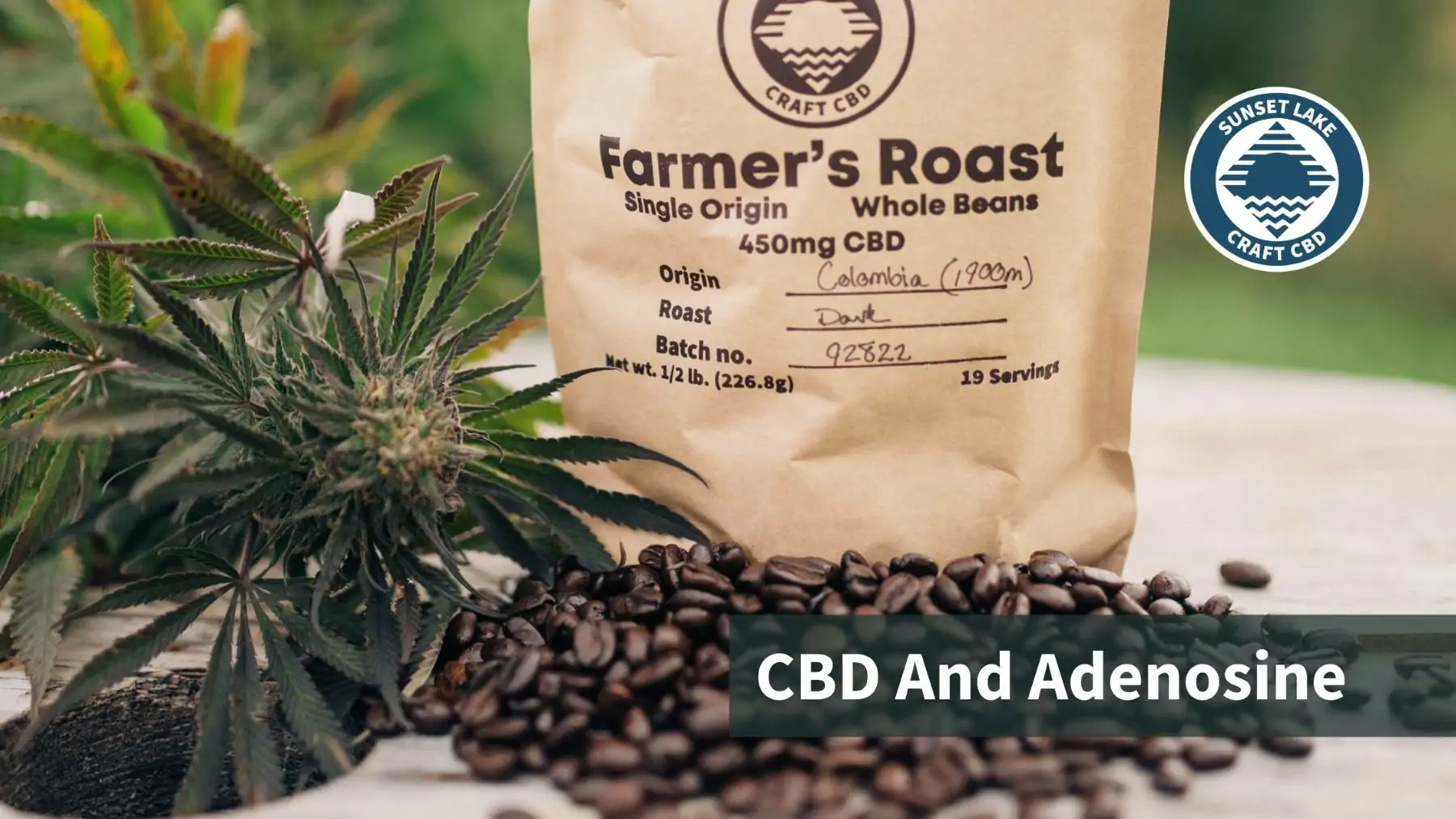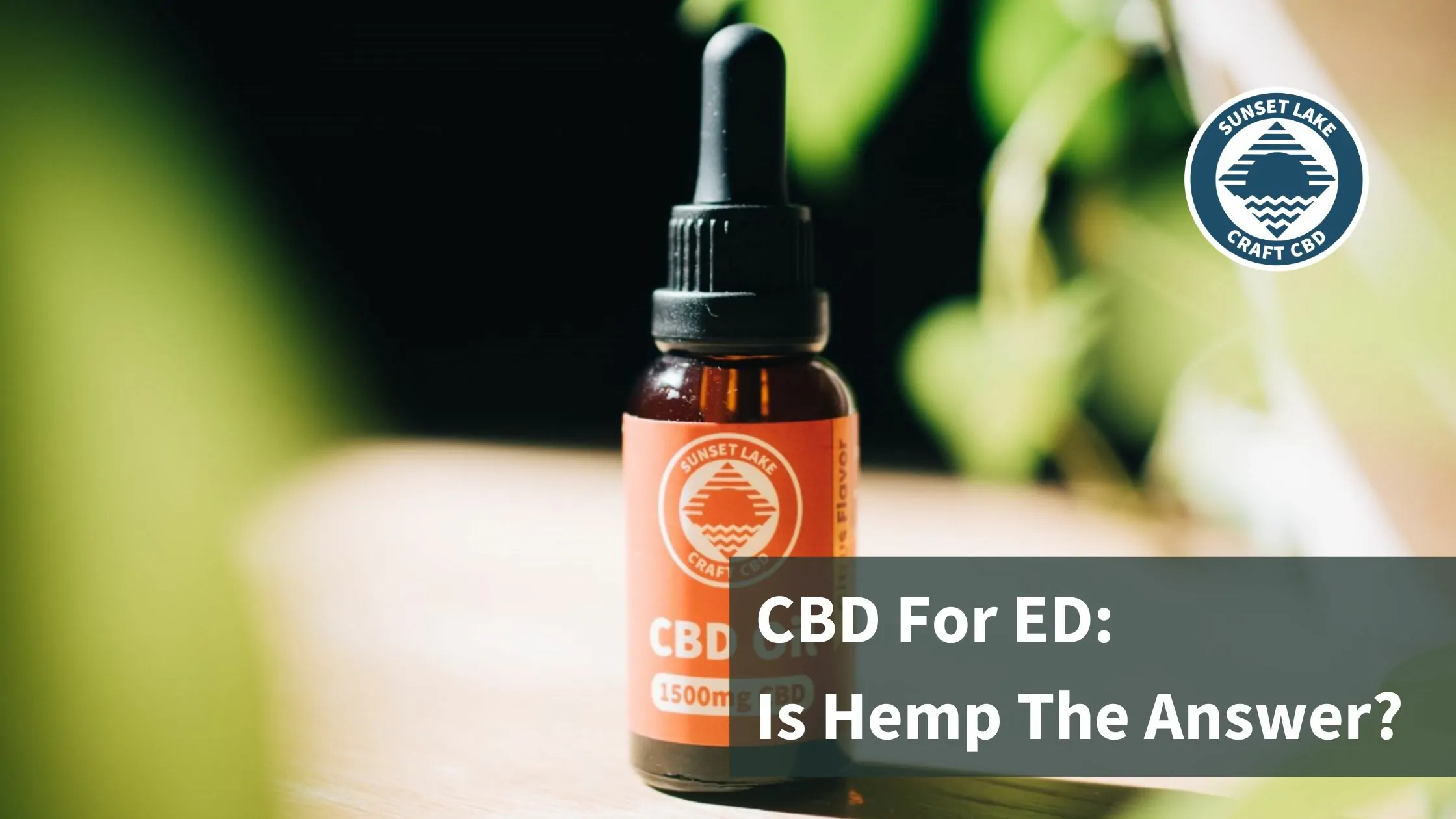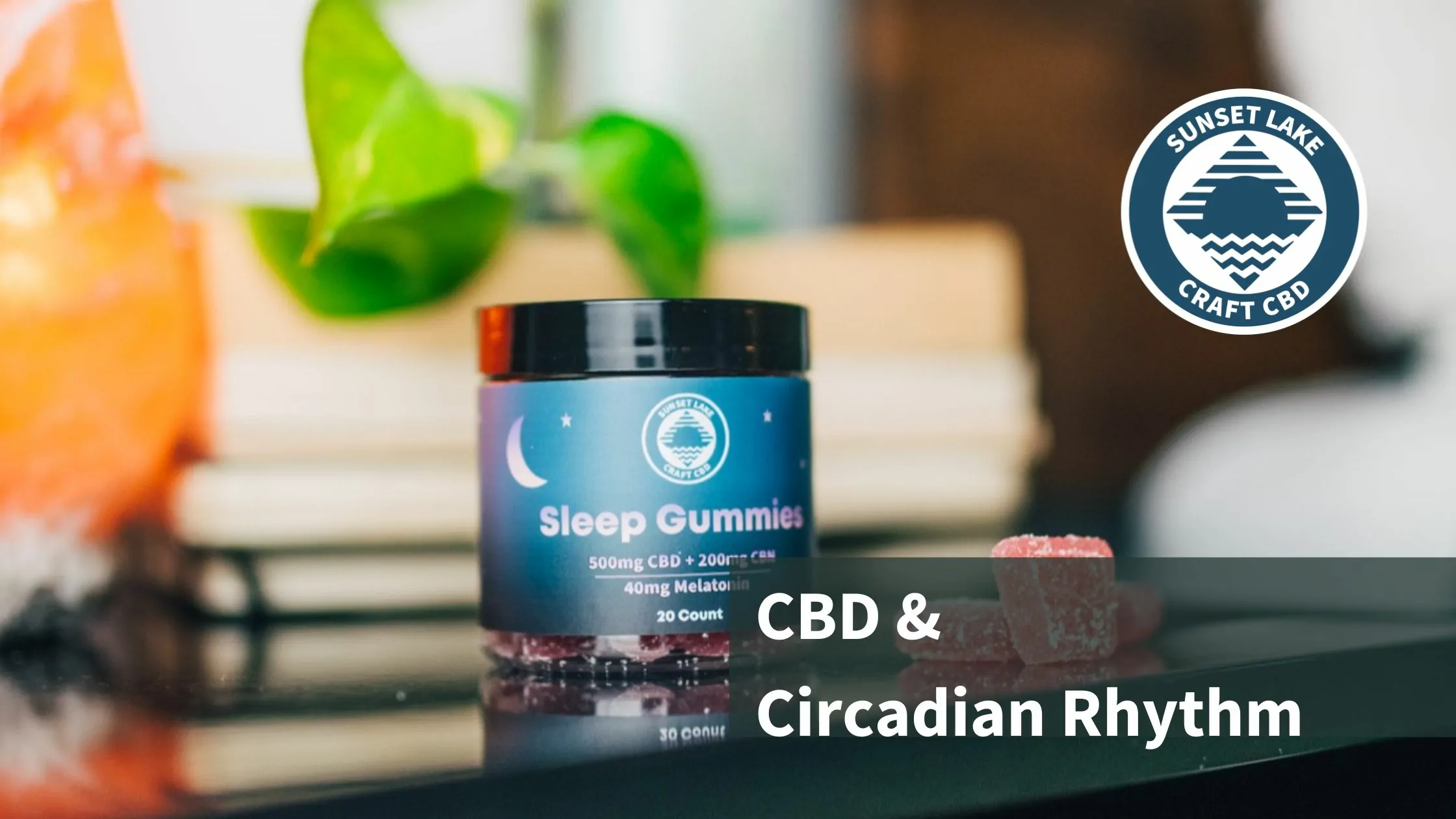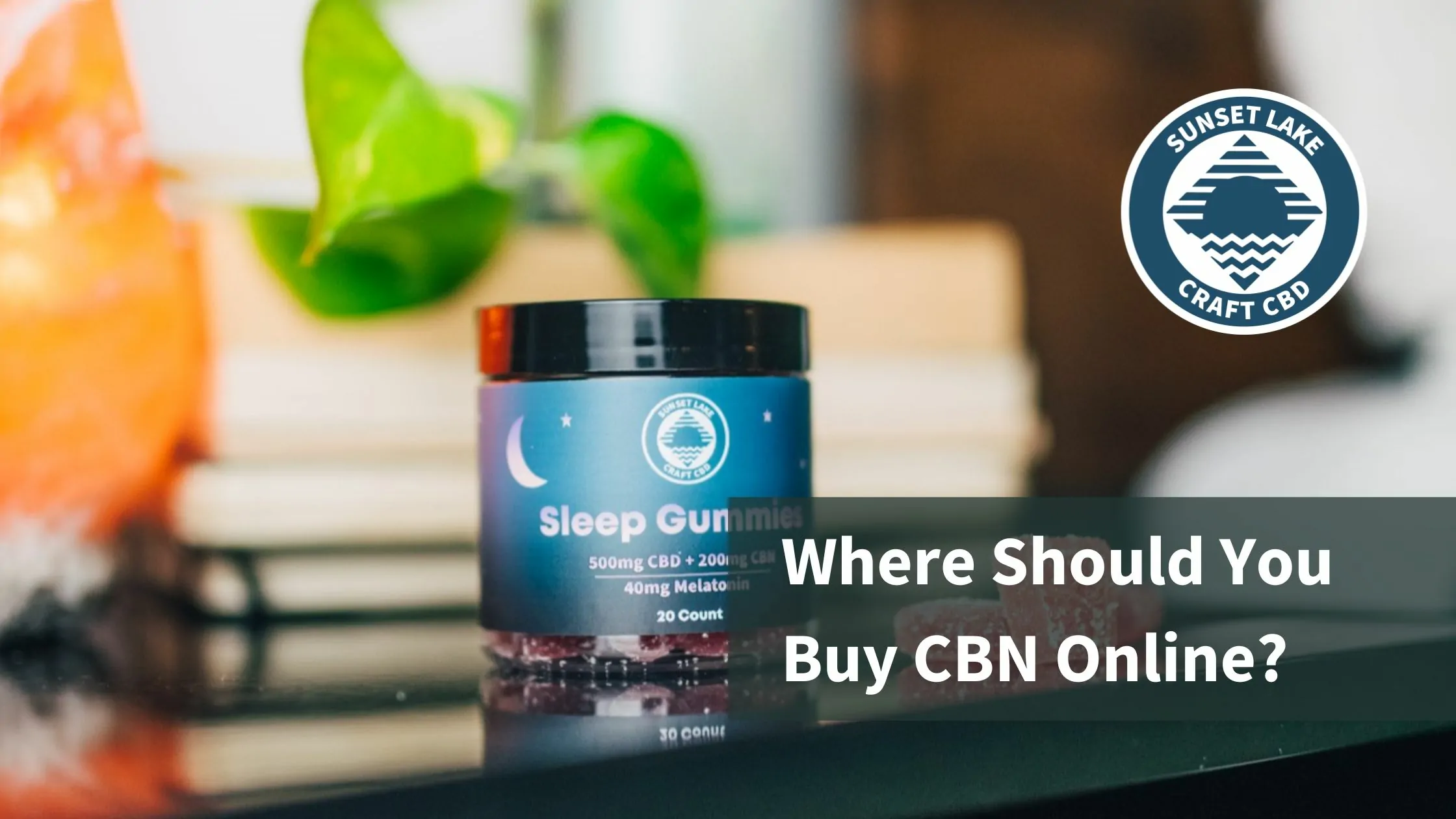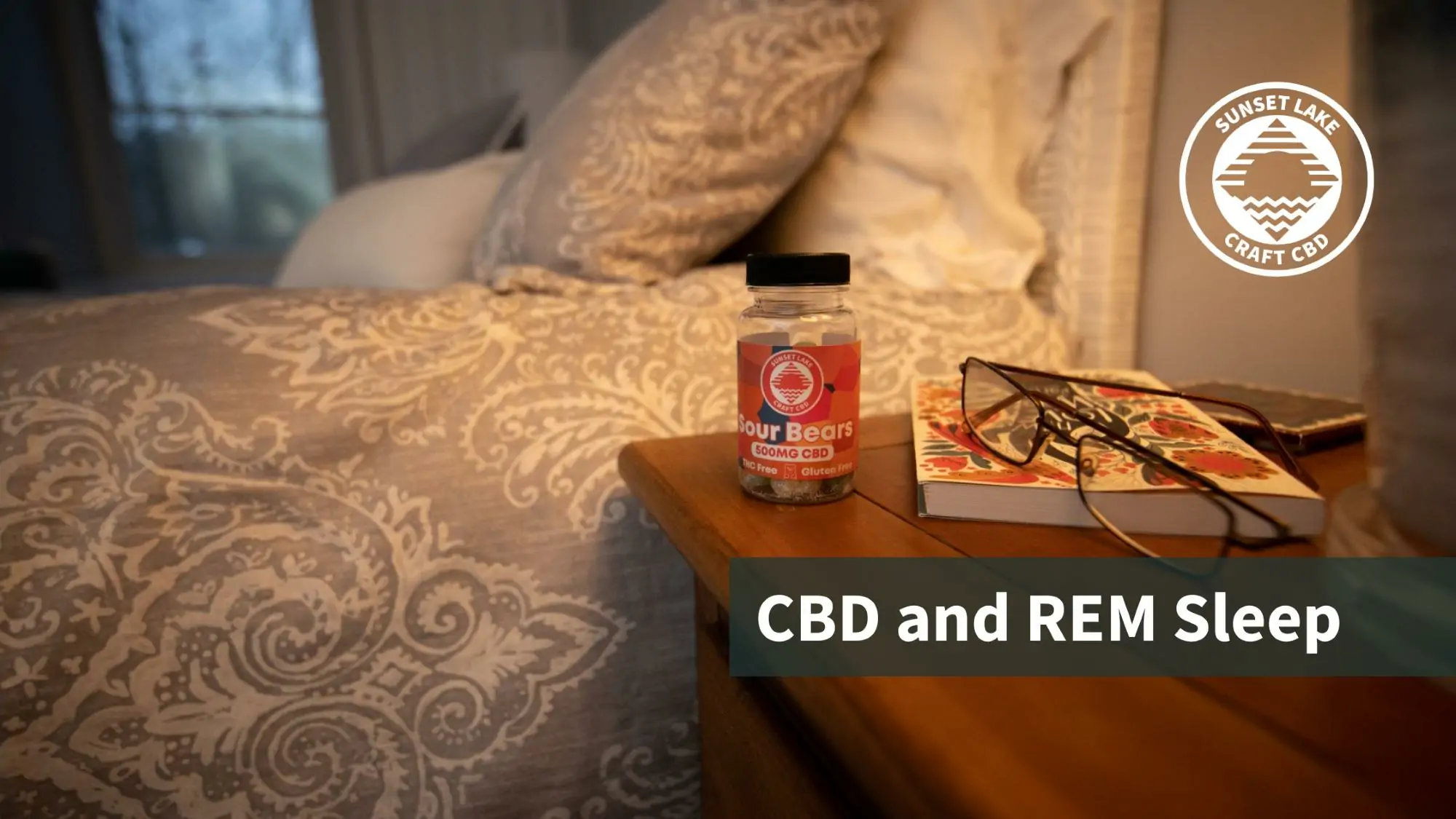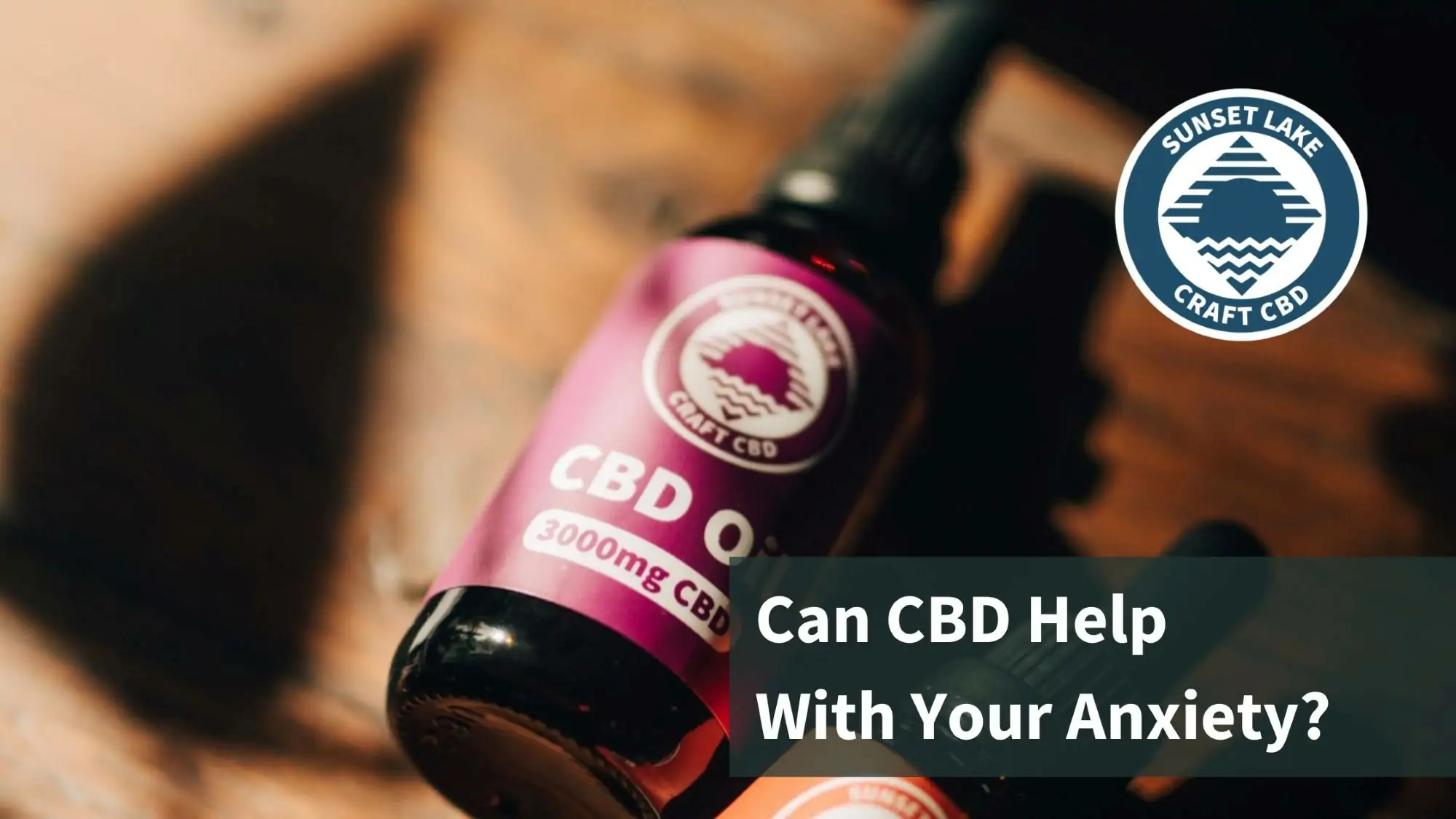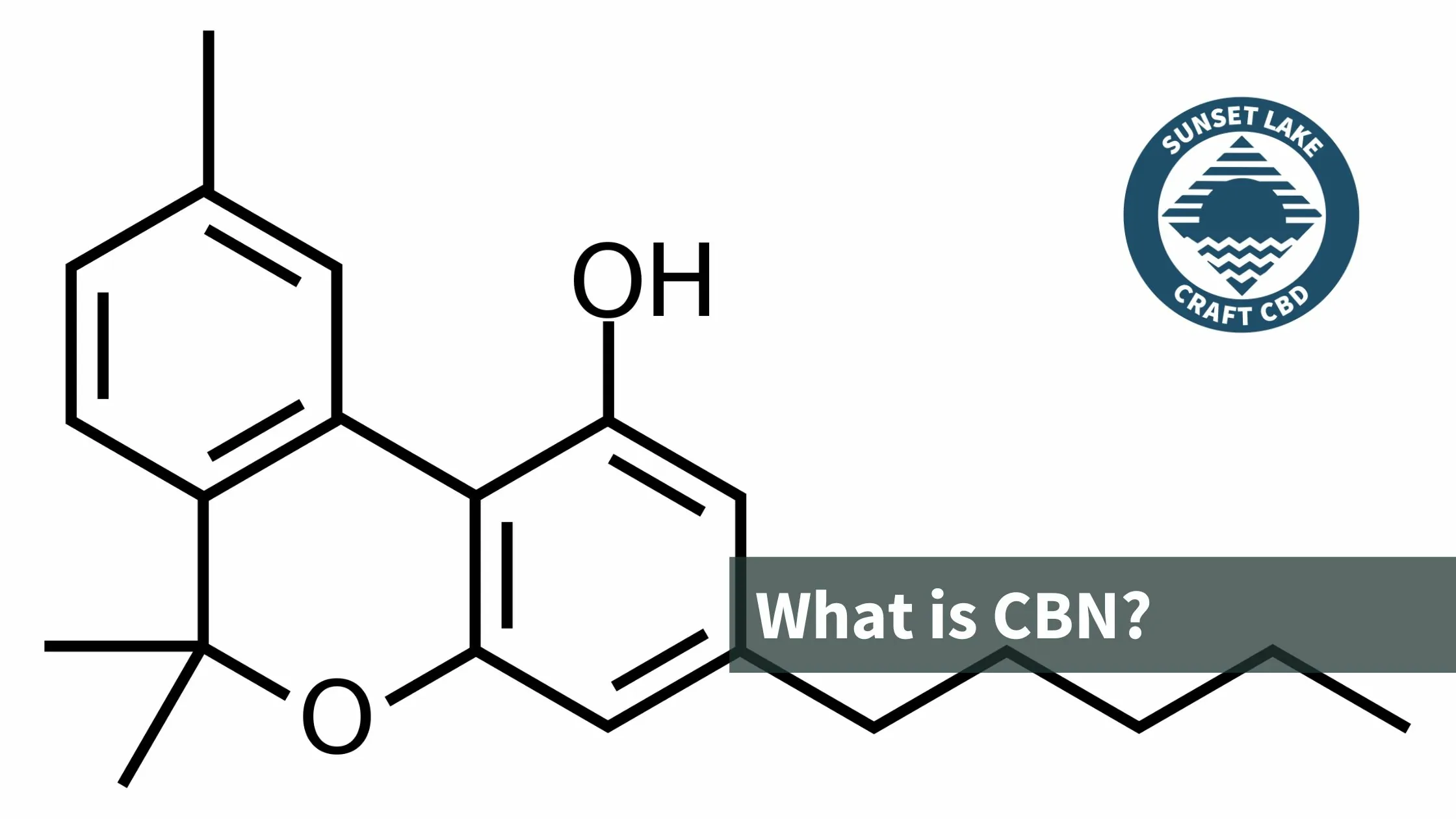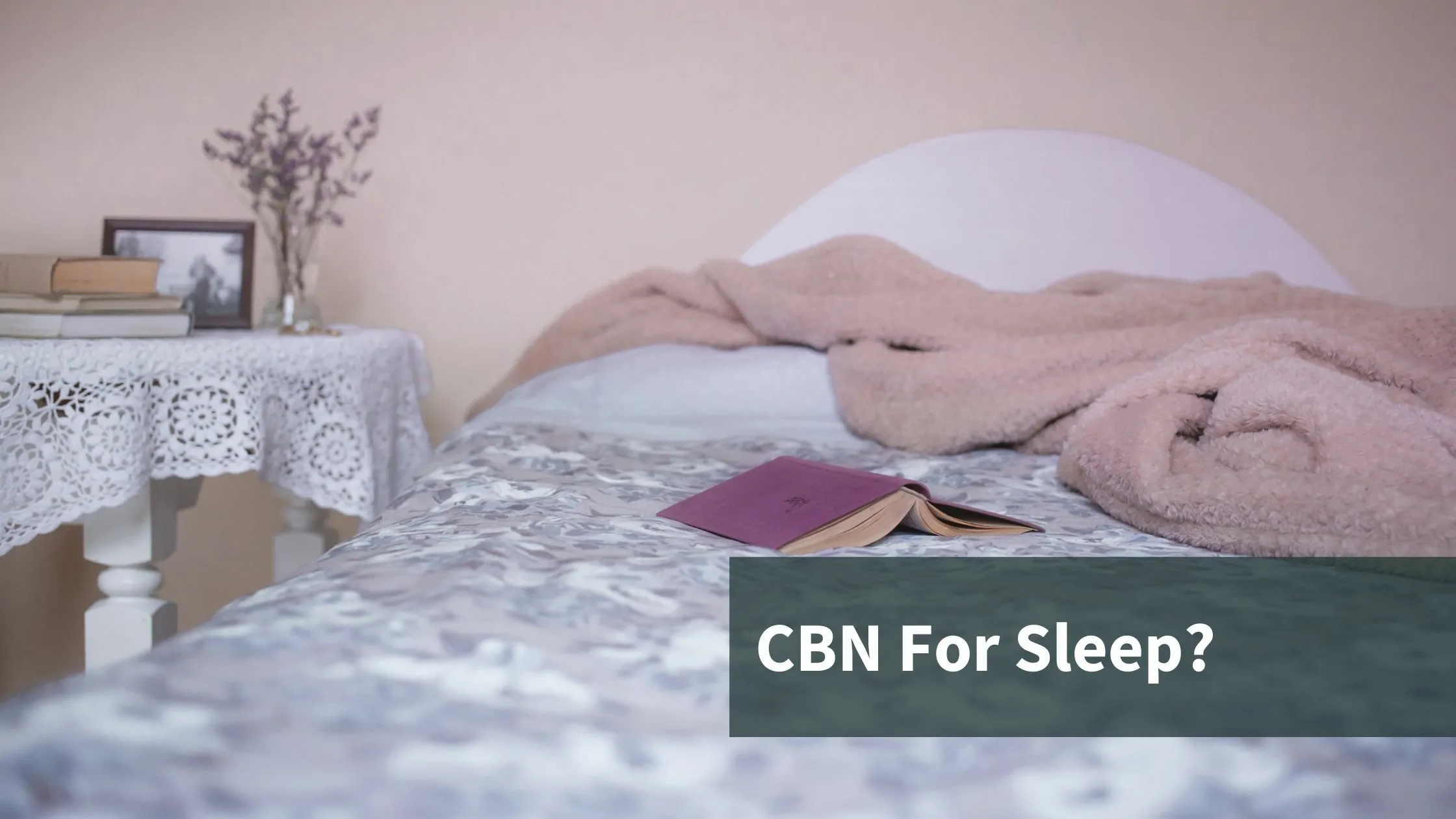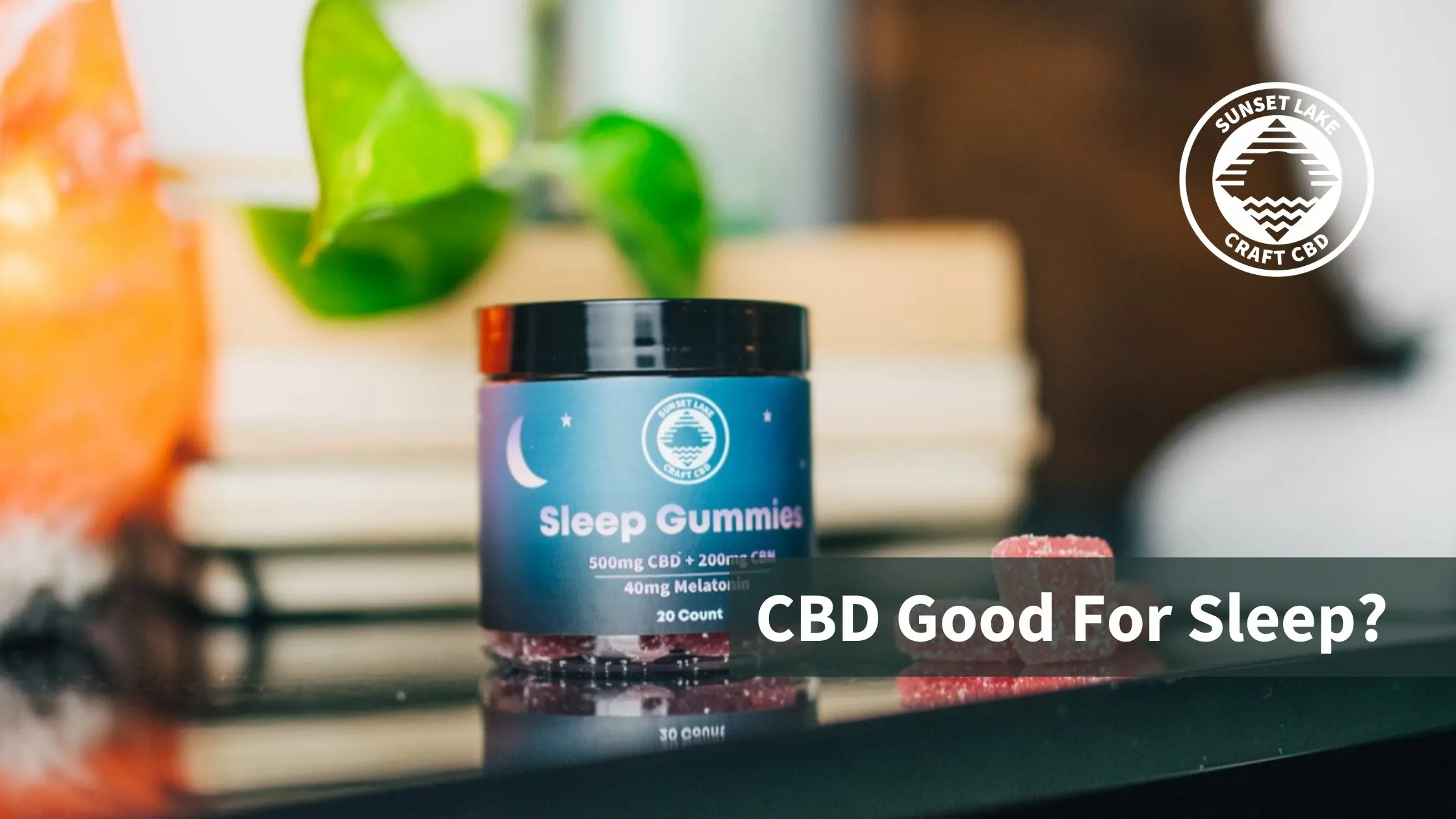Are you tired, but you can’t sleep? Inconsistent and interrupted sleep is a common problem in America. Between 25-30 million Americans at any one time suffer from chronic insomnia, meaning that they experience at least three restless nights per week over four weeks. Difficulty sleeping can become a massive issue for folks who feel fatigued all day but are wide awake when their head hits the pillow.
For some, a cup of warm chamomile tea before bed will suffice. For others, sleep aids like Melatonin, less screen time, and tea don’t cut it. This writer found himself in the latter group for a long time. Full-spectrum CBD, while not a sleep aid, has helped me get into a sustainable sleep routine.
In the rest of this article, I’ll cover a few physical and psychological reasons why sleep can sometimes seem elusive. I’ll also talk about how you can incorporate CBD into your sleep routine for better results.
Why Can’t I Sleep?
Hyperarousal
One of the most common reasons for inconsistent sleep is stress. Chronic stress and trauma can lead to a state of “hyperarousal,” described by Khiron Clinics as “… a state of heightened anxiety.”
Arousal, as part of our fight or flight reflex, isn’t necessarily bad. In fact, it’s one of the main reasons humans exist today. But the threats our brains perceive today versus thousands of years ago are different. Our bodies don’t know that, though, and release cortisol and adrenaline, making it hard to relax and settle into bed.
Sleep Inconsistency
Changes in our daily sleep schedule can also make it hard to get decent sleep. Inconsistent sleeping habits, like staying up late on the weekends and getting up early during the week, can throw a wrench in our body’s natural circadian rhythm.
Some people think that they can bank or make up for lost sleep. To some extent, that’s true, but your body works best on a set schedule. You know that saying, “We’re creatures of habit?” Well, it couldn’t be more true when discussing sleep.
Sleep Anxiety
Do your thoughts start to race once your bed hits the pillow? Do you begin to think about the day, what you have to do the next day, and how much time you’ll be able to sleep? These are symptoms of sleep anxiety.
Sleep anxiety is a common issue among Americans. While the specific number is hard to pin down— sleep anxiety is a relatively new form of identified anxiety— it certainly accounts for some of the 50-70 million reported cases of sleep problems that Americans experience.
How To Work CBD Into Your Sleep Routine
If you’ve ever experienced sleep issues, you should make a plan for future issues. It’s better to be prepared.
For the rest of this article, I’ll describe my routine in the hope that it inspires you to do something similar.
Step 1: Get Out Of Bed
It may seem counterintuitive, but if I’m tossing and turning, I first acknowledge that I’m having an issue and cut myself some slack. It’s not my fault that my brain refuses to settle down.
I then head to my kitchen, turn the oven light on, and start a sudoku puzzle. While this exact routine isn’t going to be everyone’s go-to, I recommend at the least leaving your bedroom and doing something without the aid of a screen. If your brain associates your bedroom with sleep issues and sleep anxiety, your restlessness can become a self-fulfilling prophecy.
Step 2: Take a dose of CBD Oil
CBD isn’t a cure for insomnia or anxiety, but it is an effective relaxation aid for me. I’m currently taking our CBD + CBN Goodnight Oil. Our Sleep Gummies and CBD Oil + Melatonin are awesome products, but Melatonin can sometimes give this writer some overly vivid dreams.
We suggest starting with a 25mg dose of CBD. That’s just a starting point, though. If you know your body and how it reacts to CBD, adjust accordingly.
I also prefer to use full-spectrum CBD oil sublingually (under the tongue), especially in these scenarios, as the onset time is shorter than if I were to swallow it or eat a CBD gummy.
Step 3: Breathwork
While you wait for your CBD to kick in (it can take 15-30 minutes for sublingual CBD oil), consider focusing on your breathing.
I focus on belly breathing during my sudoku puzzle. It’s shown that deep breathing and relaxation help activate the parasympathetic nervous system. That’s the part of our nervous system that sends a signal to your brain fight or flight region that “Everything is OK. We’re safe. Time to shut down.”
Hopefully, after this light form of meditation, you start to feel your eyelids getting heavy, and the tension in your body dissipates.
Step 4: Try Again. Don’t Get Discouraged
Go to bed. If you find that you’re still having issues getting to sleep. Consider restarting from step one.
Above all, remind yourself that sleeping issues are normal and it’s not your fault you’re having an off night. Eventually, you’ll get to sleep. It may not be a fulfilling eight hours, but take what you can get and cut yourself some slack.
Try out this routine and see how you feel. Hopefully, it works for you. If it doesn’t, talk to your doctor or a sleep specialist. There may be an underlying cause that they can help you address with an individualized treatment plan.

